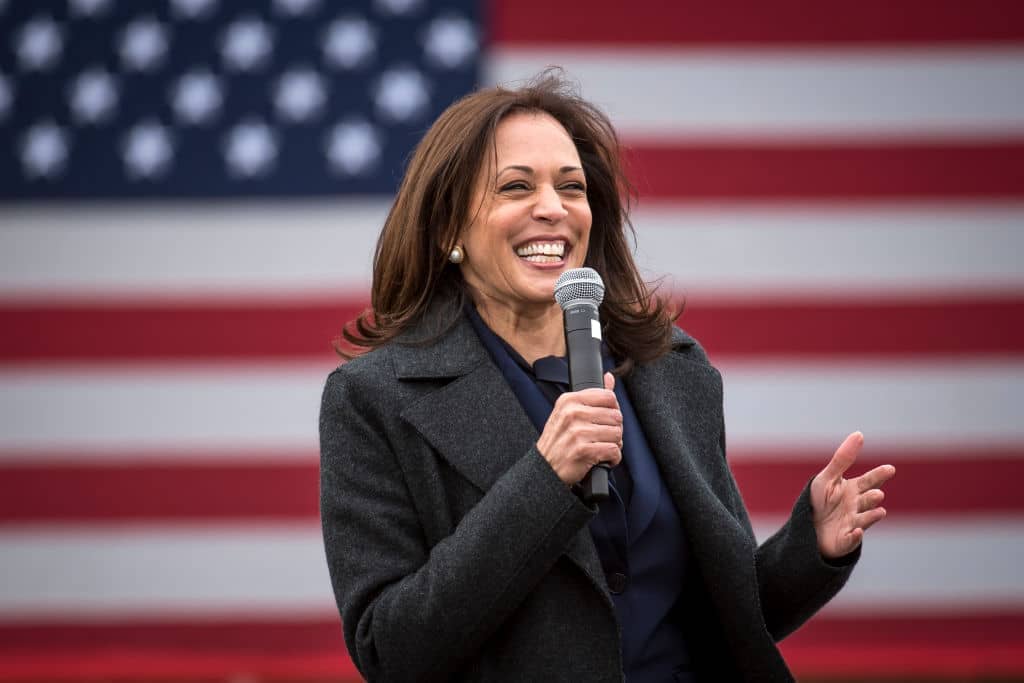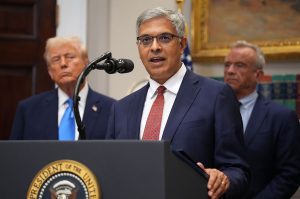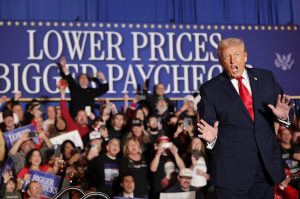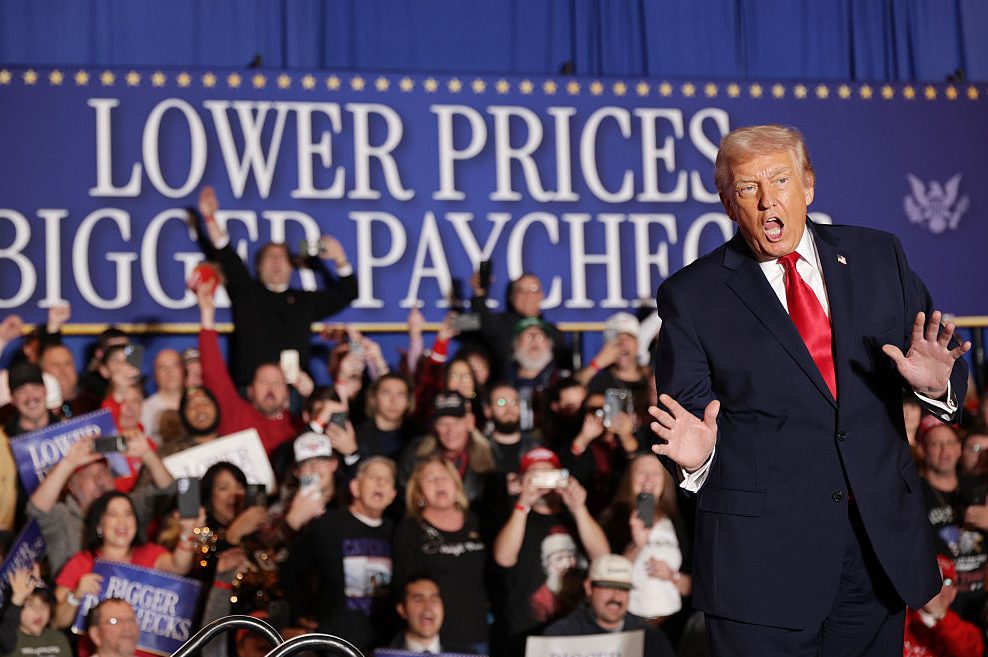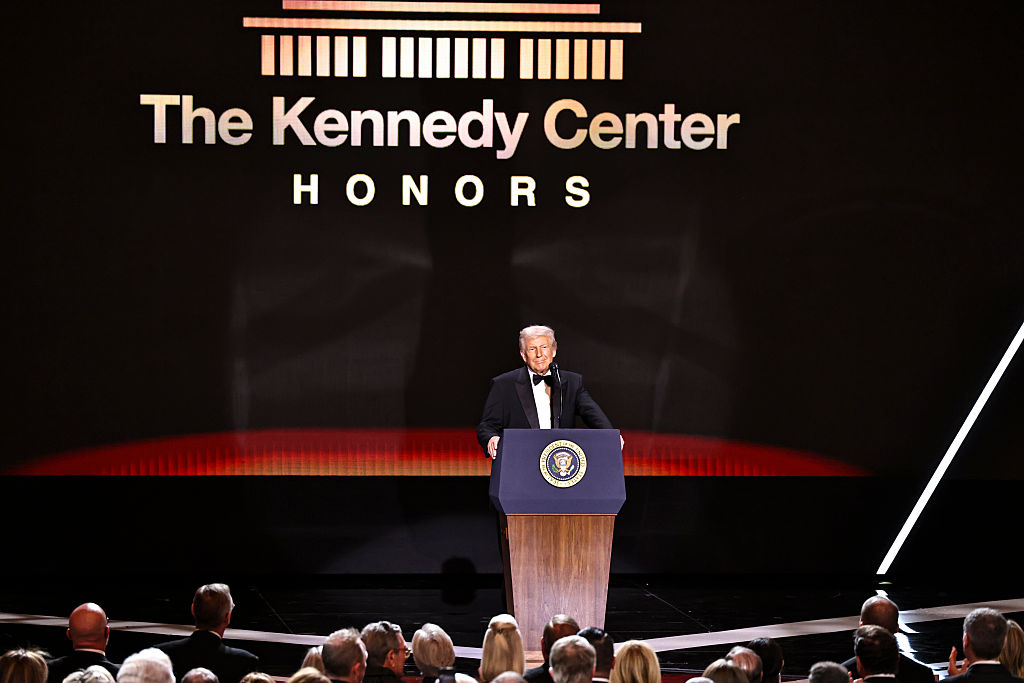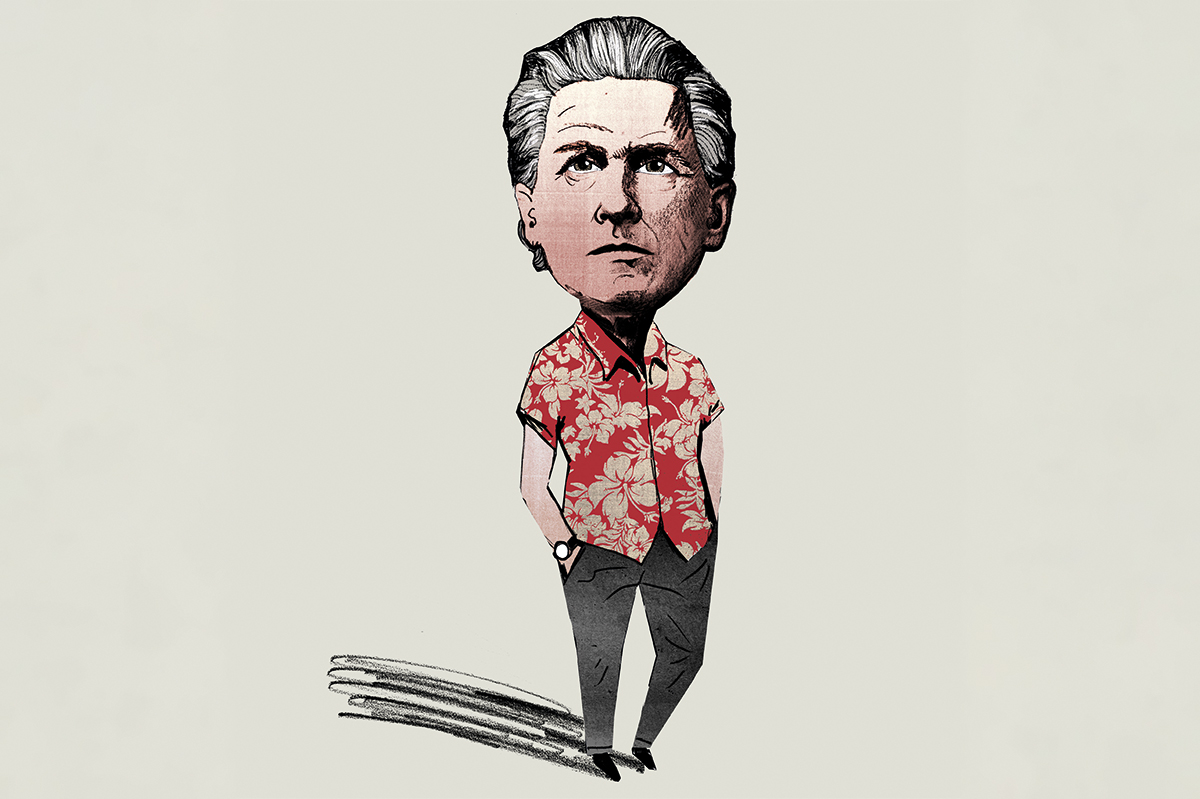I come neither to bury Kamala nor to praise her.
Commentary on her vice presidency is polarized. Harris’s well-known praise chorus is completely deranged. True, she is the first woman to become vice president, and only the second “person of color,” to use a term in vogue. These are historic achievements to those who understand history through the thick lens of demographic taxonomy.
True, also, Harris has over the last year shown a near-total lack of the political skill generally needed to make a serious run at the presidency. She has been given large projects and failed to advance the administration’s goals. She has not improved as a speaker and comes across as indifferent, haughty and detached. Her approval ratings lag even those of her feckless boss. Transportation secretary Pete Buttigieg — mediocrity made flesh — labors to supplant her as heir apparent with surprising brazenness.
Nonetheless, just as Harris’s chromosomes and skin color will not win her the White House, nor will her weaknesses as a candidate doom her to the political sideline should Joe Biden forego a 2024 reelection run. Kamala Harris remains the person most likely to win her party’s nomination in a post-Biden world, for reasons not reducible to the familiarity that comes from four years in the vice presidency.
The White House, it would seem, has realized this. The last week has seen a well-executed rollout of Kamala puff pieces, launched on Monday with dueling profiles — one schmaltz and one serious — in the San Francisco Chronicle and Los Angeles Times. These were followed by a CBS News piece lavishing her with praise for her heretofore unknown role in getting the bipartisan infrastructure bill across the finish line.
As I wrote at The Spectator in July 2020, picking Harris to be VP showed concerns with the “here and now” of winning the presidential campaign rather than the governing that came later. A year into his presidency, Biden appears to be waking up to the difficult reality that pick created. Harris comes from the Democratic heartland, can tie together, however loosely, the major voting blocs of her party, enjoys an institutional position that gives her structural advantages over her prospective rivals, and will thus almost certainly be Biden’s successor should he exit, mumbling, stage left in 2024.
There has never been a state with the influence over a single party that California exerts over the Democrats today. Nearly one in eight Americans resides in the Golden State, which went to both Clinton and Biden nearly two-to-one. Culturally, California calls the tune for affluent white liberals and progressives. Materially, its major industries — entertainment, tech, finance, public sector unions and renewable energy — fund and backstop Democratic campaigns. Only mid-century New York compares, but whereas the Empire State exercised outsized influence in both parties because it would swing between them, California is a Republican afterthought even though the GOP House leader hails from Bakersfield.
So long as she controls California, Harris can make life very difficult for any prospective challengers seeking volunteers, operatives and dollars. If, as seems likely, Democrats demote the Iowa caucuses and give Nevada the first presidential nominating contest, having a political infrastructure in neighboring California will only become more, not less, valuable.
The Democratic bench, already so desperately thin that Mayor Milquetoast is viewed as a plausible standard-bearer, looks even thinner when one turns southward. To put the matter bluntly, even if they do not love her, who could win Southern black voters away from Kamala Harris in a Democratic primary? Warren? No. Klobuchar? C’mon. Buttigieg? No way. Mitch Landrieu will enjoy fawning Morning Joe coverage, but it will make no difference to the eventual implausibility of his candidacy.
Finally, Biden’s own political incentives help Harris. Even if Joe decides tomorrow to forego reelection, he’ll keep the decision a secret for as long as possible. Making himself a lame duck any earlier than necessary would bury his effectiveness in office. As a result, Biden will freeze the field by giving every indication of running for reelection even if he has no intention of following through on the threat. No other Democrat can ramp up a large political apparatus without appearing to be challenging Biden as the incumbent.
Harris, by contrast, enjoys institutional benefits by virtue of her position. She can fly around the country, hold political rallies nominally for her own reelection as vice president, and keep close tabs on the Democratic Party apparatus. This advantage could only be checked by the active intervention of Biden himself or, failing that, from Barack Obama, who still enjoys godlike status among Democratic primary voters. Yet Obama has no reason to intervene against Harris, who has followed his model even as she lacks his rhetorical and political skills.
And so, like it or not, Democrats ought to get used to the idea of nominating Kamala Harris if Biden doesn’t run. They’re unlikely to have much of a choice.



